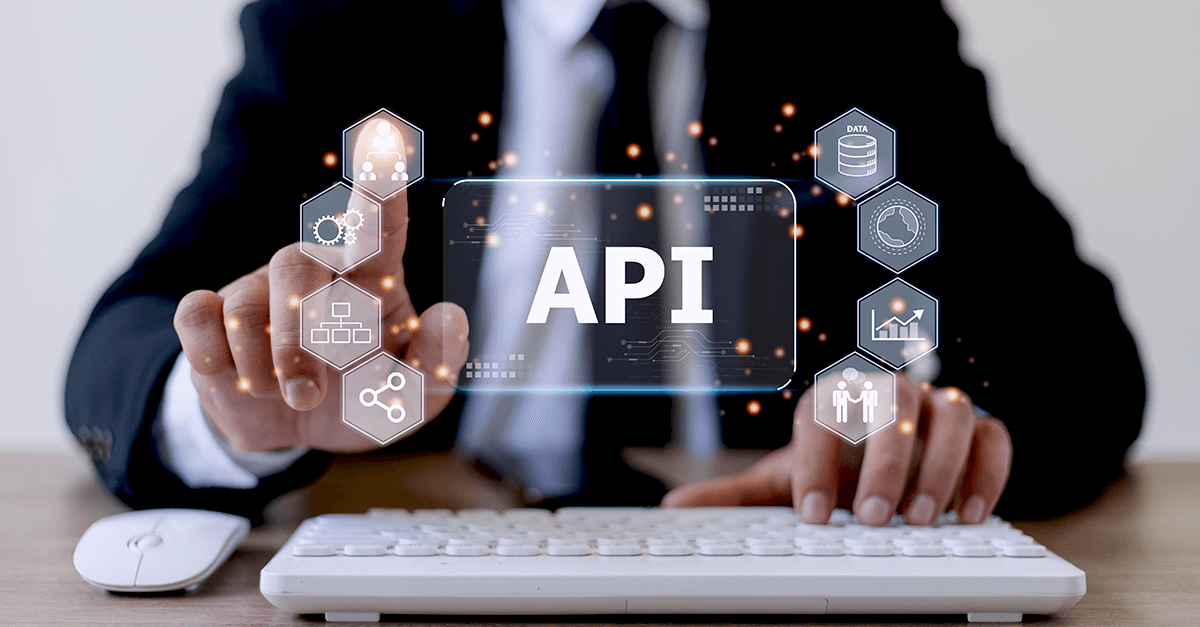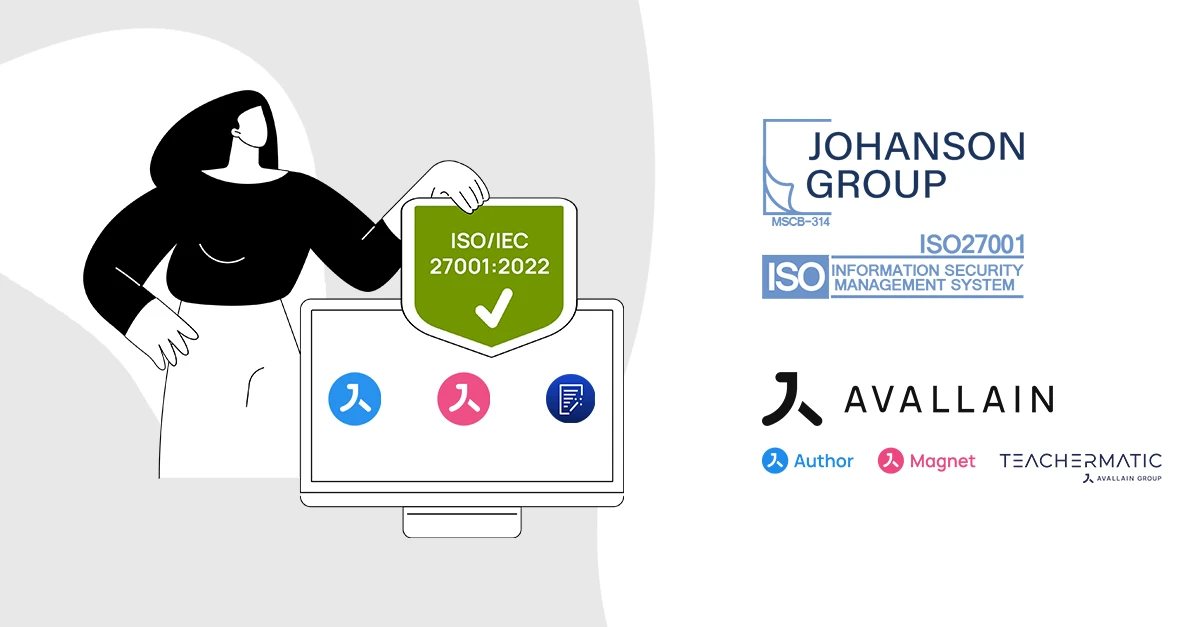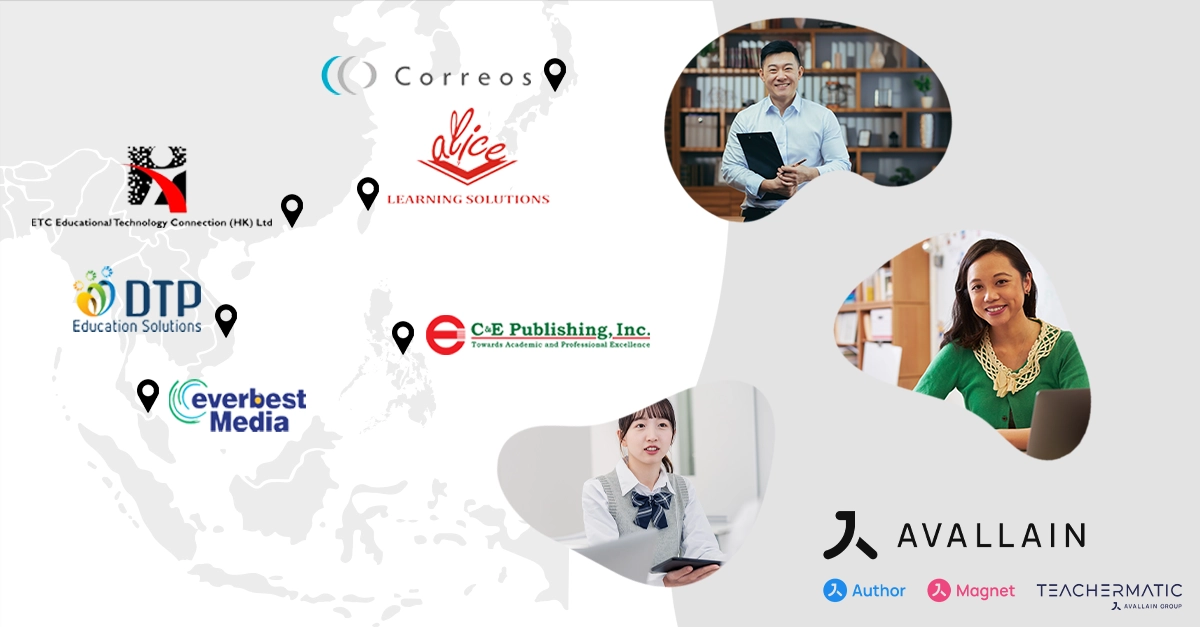
4 min read
2016/09/14
Five years ago a revolution began in our industry. The SCORM standard became yesterday’s news, and something else stole the limelight: Experience API, otherwise known as TinCan API, or xAPI. It promised great things: a simple, flexible specification that connects the dots between a person’s or group’s learning experiences, wherever they happen, online or offline.
Avallain immediately saw the potential. We got involved early, and made it part of our own research and development. So what has been our experience of Experience API? Does it do what it says on the TinCan, or is it all technological hype?
What is Experience API?
Experience API is an open source specification established by Advanced Distributed Learning (ADL), the people who oversee SCORM. Effectively, it defines a common language between any environments in which a person or group might gather experience or learn. That includes less obvious ones like offline learning, social learning, virtual worlds and gaming. The specification is not bound by hardware, software or any kind of context. It takes up where SCORM left off, capturing our more modern experience of technology: one that is blended, mobile and complex.
Think, for example, of a teacher who wants to use a learning app to illustrate a point to their class. It is not part of the school LMS, but it is relevant and useful, and the learning outcomes provide a helpful measure of progress, too. With the Experience API at work, students should be able to use the app and have their achievements captured in the LMS. They could collaborate over it on a social platform, and have that interaction captured, too. Then, when the class next meets to discuss and interact about their experiences, the outcomes of that offline discussion can be added to the record. None of the learning is lost – not for the learner, nor for the teacher.
How does it work?
This is the elegant part. Experience API uses the same form of language that we have always used to describe and record our experiences:
actor + verb + object
Or to put it simply:
I did this
When you think about it, all of our actions and achievements can be distilled into a statement that takes this form:
actor verb object
she visited ?
he scored ?
Dave viewed ?
they mastered ?
This is the basis of Experience API: actions and achievements captured in very simple statements. When those statements need to be recorded, they are sent and held securely in a repository called a Learning Record Store (LRS). LRSs can be inside a Learning Management System or they can stand alone, but two things are common to them all: the language they use and the fact that they are able to communicate with other LRSs.
In these simple ways, Experience API promises to create a new, free and meaningful dialogue between the different places in which we learn. Nothing of our learning journey should be lost, and with modern analytics, there could be much to gain. This greater insight into the full spread of our learning experiences could tell us things like how and where we learn best, our weaknesses and how they are changing, our emerging interests, blind spots and aptitudes, as well as what content works best in which context.
So, what do we think of Experience API?
We have always seen the potential. We engaged early and developed our own LRS. We made sure that content generated in Avallain Author supports the standard. We know that Experience API is taking the industry in the right direction, towards the joined-up journey that learning should be.
But it is not a panacea. So far, we have a grammar for this new common language, but not the vocabulary. It will only work to full effect once we are all using standard actors, verbs and objects. Neither is compliance with the specification an end in itself, it is a beginning. Two systems may both be compliant, but that does not make their communication meaningful, or guarantee their combined performance. And if an LRS is always part of a larger, interconnected architecture, where should the overarching analysis of attainment and behaviours take place, and using what tools? In other words, most of the creative and technical challenges remain, even if the possibilities just got more interesting.
Diverse learning: the future beyond SCORM
Experience API offers us a way to leave behind some of the limitations of SCORM, and embrace a more diverse learning experience: one that is digital, mobile, recreational, social, offline, lifelong. That is as it should be, and we will do all we can to work with the specification, and to help it mature. But it must not become a distraction from the things that underpin a great digital learning experience: inspirational content, creative collaboration, robust pedagogy and exceptional design.
That is what Avallain is here for: to deliver for its clients these things that truly drive learning, and along the way, make best use of new technologies like Experience API.


